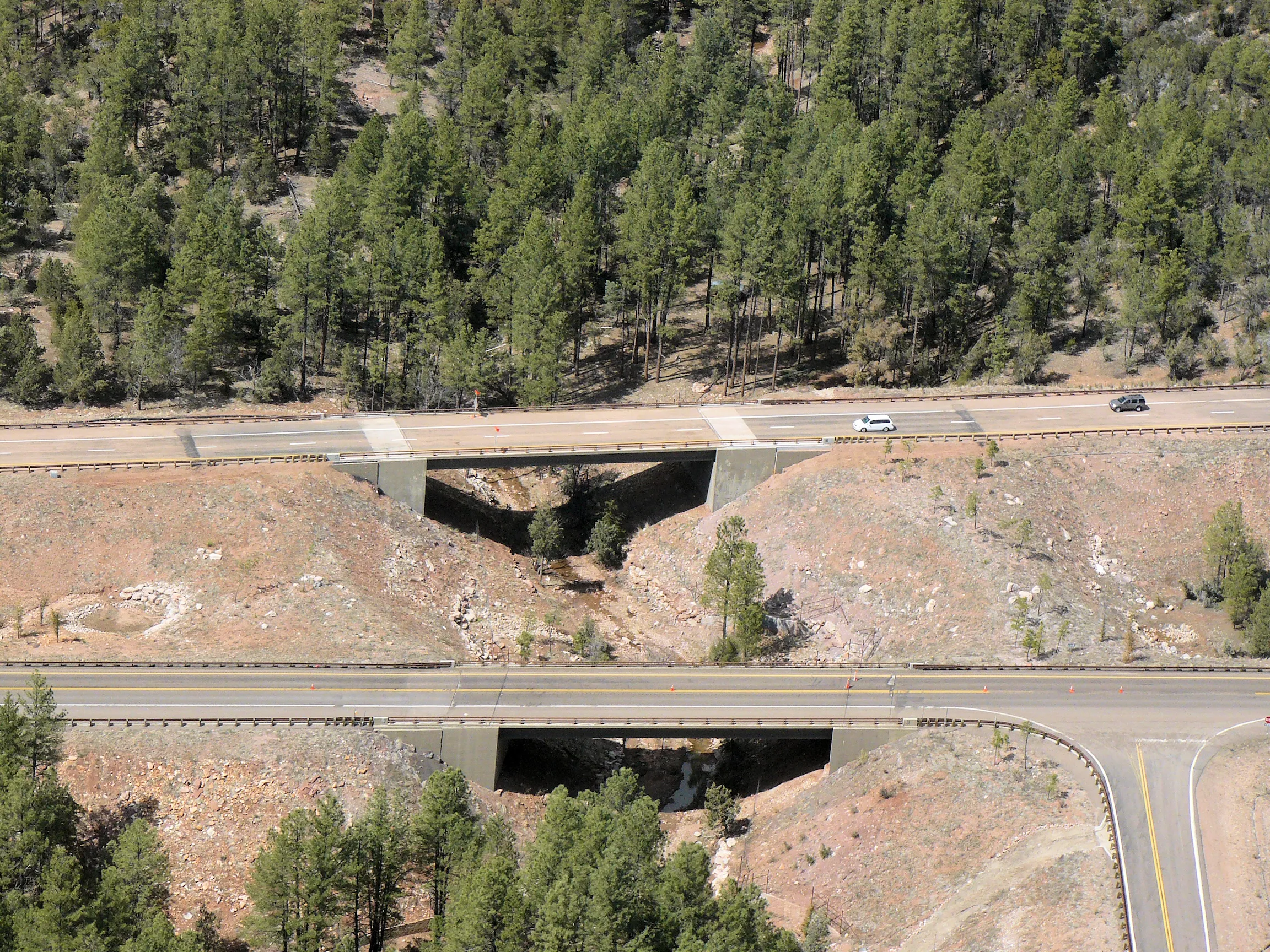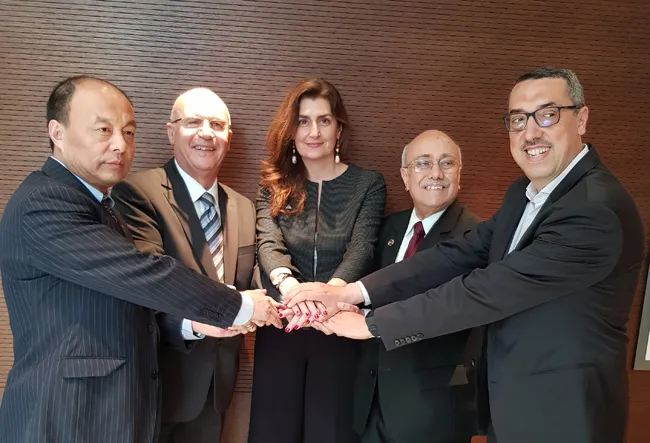With nearly 400 participants from 21 countries and tribal nations, the recent 2013 International Conference on Ecology and Transportation (ICOET) held in Scottsdale, Arizona, USA, was a resounding success – writes Leonard Sielecki
The five-day conference ran from June 23rd-27th 2013, and attracted transportation planners, engineers, environmentalists, and academics from national and state agencies, universities, and non-government organisations. It was organised and co-sponsored by the Center for Trans
August 21, 2013
Read time: 4 mins

With nearly 400 participants from 21 countries and tribal nations, the recent 2013 International Conference on Ecology and Transportation (ICOET) held in Scottsdale, Arizona, USA, was a resounding success – writes Leonard Sielecki
The five-day conference ran from June 23rd-27th 2013, and attracted transportation planners, engineers, environmentalists, and academics from national and state agencies, universities, and non-government organisations. It was organised and co-sponsored by theThe conference theme was Canyons, Crossroads, Connections for the challenges transportation agencies face today and the solutions possible with innovative science and sustainability. Dr Michael E Soulé, Professor Emeritus of Environmental Studies, University of California (Santa Cruz), and John W Graham, president and CEO, Sunbelt Holdings and one of the directors of the Nature Conservancy in Arizona, were the conference’s keynote speakers. Their presentations provided an interesting contrast between academia and private industry. Dr Soulé gave an inspiring retrospective on his pioneering work in conservation biology complemented with his thoughts on the future of biodiversity. Graham spoke about the challenges his company faced in the development of its award-winning master planned communities committed to conservation.
During the conference, over 150 technical papers and posters were presented by the leading experts in road ecology, transportation planning and engineering. Delegates included: Lars Nilson, Swedish Transportation Administration; Jiding Chen, China Academy of Transportation Sciences; Rodney van der Ree, Australian Research Centre for Urban Ecology; Wendy Collinson, Endangered Wildlife Trust, South Africa; and Carlos Henrique de Freitas, Centro Universitário do Planalto de Arax, Brazil.
The conference provided a global perspective on the state of the art and practice in addressing ecological issues associated with designing, constructing and maintaining sustainable transportation infrastructure. A large number of presentations showcased transportation projects underway in Asia, South Africa and South America. Presentation themes included environmental and habitat connectivity; infrastructure construction, operations and maintenance; wildlife crossings and barriers; and environmental and infrastructure sustainability. The challenges faced by transportation agencies designing infrastructure in sensitive environments were illustrated by presentations regarding Capybaras (largest rodent in the world) in Brazil; bees and butterflies in the USA; Grizzly bears in Canada; common toads in the Netherlands; and Hanuman Langurs (sacred primates) in India.
The conference’s networking events, co-sponsored by
Highway Wilding, a documentary film by Leanne Allison on the pioneering efforts to prevent wildlife mortality and reconnect landscapes across highways, was presented at the conference. The film was a collaborative effort involving Parks Canada, the Miistakis Institute, the Woodcock Foundation and the
Since its inception in 2001, ICOET has grown dramatically as has the global need for sustainable transportation systems. ICOET 2013 was officially recognised for formal professional development credit by five certification and licensure agencies, including the American Institute of Certified Planners (AICP), the American Society of Landscape Architecture (ASLA), and State Professional Engineers Licensure.
ICOET works closely with Infra Eco Network Europe (IENE). IENE is Europe’s leading association of national transportation and environmental authorities, institutes and experts working to provide a safe and ecologically sustainable pan-European transport infrastructure. To maximise opportunities for dialogue between their members, ICOET and IENE schedule their conferences on alternating years. In 2014, the IENE conference will be held in Sweden, followed in 2015 by the ICOET conference in North Carolina, USA.








